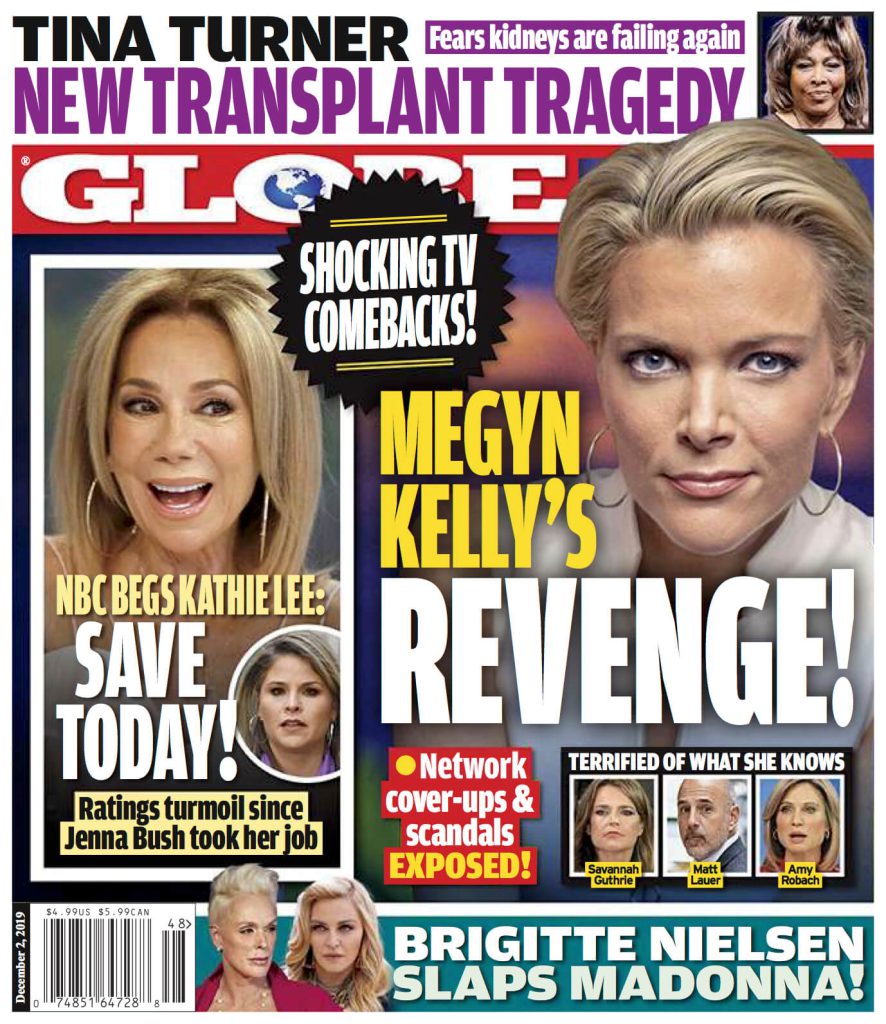Since I have been writing about marijuana in the movies, I thought about how Martinis became a symbol for sophistication in movies, and, and unlike marijuana, not always played for laughs.
In the 1933 less than a year before alcohol prohibition was repealed, International House, a comedy set in the fictional Chinese city, Wuhu, not to be confused with Wuhan, had an amazing cast, including W. C. Fields, Bela Lugosi, George Burns and Gracie Allen
Fields, one of the greatest comic actors of all time, really was an alcoholic, and it became a part of his character on the screen. In International House, he spoofed opium smoking (with a cigar in an opium pipe), and Cab Calloway led his orchestra with Reefer Man.
SEE: Mixing Alcohol & Cannabis (CBD/THC)
In 1934, less than a year after the repeal of alcohol prohibition, the first of the Thin Man movies begins with Nick Charles (William Powell) instructing the bartender on making Martinis, and his fondness for them was a feature in the rest of the series.
So, alcohol prohibition was also a cultural failure.
Of course, the most famous Martinis were in James Bond movies, “Shaken, not stirred.” However, my favorite was from Daniel Craig’s Casino Royale, when the bartender asked, “Shaken or Stirred”, Bond, who had had a bad day, responded “Do I look like I give a damn?”
Supposedly, that was the line in the screenplay that persuaded him to play Bond, but it was originally written as “Do I look like I give a f…?”
RELATED: See Keto Paleo Almond Flour Hemp Heart Crackers Recipe
As I said, alcohol was not always funny, even when the Director was the incomparable Billy Wilder. His 1945 film, Lost Weekend was a tragedy about an alcoholic writer, won four Oscars: Best Picture, Best Director, Best Actor, and Best Adapted Screenplay.
Wikipedia says, “The liquor industry launched a campaign to undermine the film even before its release. Allied Liquor Industries, a national trade organization, wrote an open letter to Paramount warning that anti-drinking groups would use the film to reinstate prohibition. Liquor interests allegedly enlisted gangster Frank Costello to offer Paramount $5 million to buy the film's negative in order to burn it. Wilder quipped that if they’d offered him $5 million, “I would have [burned the negative].”
In 1981, Arthur, with Dudley Moore, Lisa Minnelli, and Sir John Gielgud was one of the last movies that played alcoholism for laughs, and was a box office hit. It won a “Best Supporting Actor” Oscar for Gielgud. However, alcoholism seemed to have stopped being funny by 1988 when a sequel with much the same cast bombed.
SEE: How Legalizing Cannabis Can Bring Back the Right Kind of Tourism
But alcohol, not necessarily Martinis, is still very much a part of movies.
In 2017, the American Academy of Pediatrics complained that “Alcohol marketing in popular movies doubles in past two decades”:
“Alcohol continues to be the drug of choice among young people… one that is responsible for 4,300 deaths in the U.S. each year among people under the age of 21. “This research suggests exposure to alcohol marketing increases in movies each year, which is concerning because movie alcohol exposure has been repeatedly shown to predict future alcohol use and higher rates of problem drinking.”
One last comparison of marijuana and alcohol:
According to “Drug War Facts Annual Causes of Death”
Alcohol-Induced Deaths 35,823
Cannabis (Marijuana). 0
‘Nuff said.




